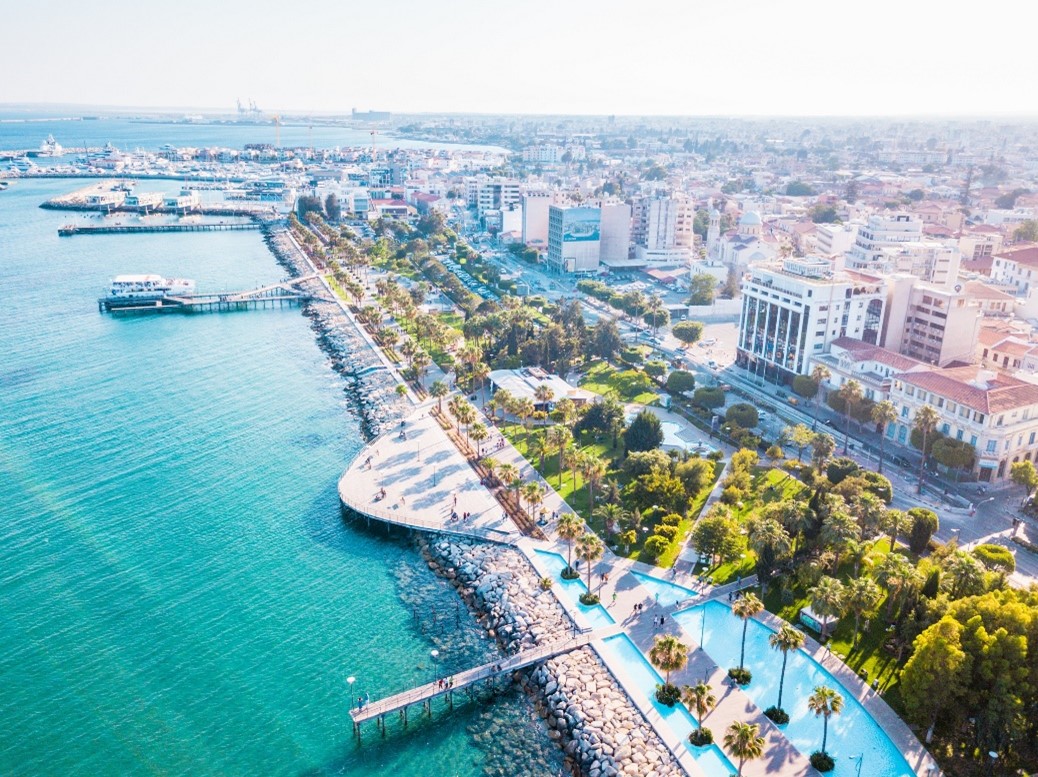Limassol's Pilot City Activity: LC³ - Limassol City Cooling Challenge

Description of activities
Like all Mediterranean and Middle East cities, Limassol suffers from the Urban Heat Island effect. And it currently confronts it in a completely unsustainable, expensive, and unfair way: each citizen cools their own private space with individual AC units throwing energy out of the window, thus heating the environment in a vicious circle that only increases the need for indoor cooling, as well as GHG emissions, and does not mitigate or adapt to climate change.
LC3 pilots ‘smart’ interventions which will affect the microclimate, reduce the energy needed for building cooling, produce renewable electricity in small spaces and provide nature-based solutions. The project is showcasing that effective, sustainable solutions guaranteeing economic growth, health, and a better life quality for all exist.
The “hidden curriculum” of LC3 is the involvement of all stakeholders, especially the residents, in participatory co-design solution workshops which aim at a deep change of social attitudes, moving people from their current unsustainable and false comfort zones into active engagement, ownership of climate actions and citizenship, thus becoming agents of change. Assessing the change of social attitude is an indicator just as important for the project as emissions monitoring.
The project takes a holistic and systemic approach by including on-the-ground interventions, a broad set of stakeholders, municipality capacity building, smart green financial instruments, emissions monitoring, social alliance for change, stepping beyond our city and an innovative project governance approach with a direct participatory democracy model.
Objective
Showcase scalable and transferable actions to reduce energy consumption for cooling in a southern coastal city.
Are the pilot activities building upon or part of a previous and/or existing activity?
Previous research projects in Limassol have shown the technical feasibility. Digital twins form the basis for selecting the appropriate intervention spots. The city has not yet tested the social change interventions envisaged in the pilot.
For more detail see: The Eastern Mediterranean and Middle East Climate Change Initiative of the Cyprus Government (2018-2030); the Lemesos Integrated Sustainable Urban Development Strategy; the Smart Urban Isles project; and the Integrated NBS-based Urban Planning Methodology for Enhancing the Health and Well-being of Citizens (EuPOLIS).
Which emissions domains will the pilot activities address?
Systemic transformation – levers of change the pilot activities will exploit
Stakeholder types that you would like to engage in the pilot activities
Transferable features of your pilot activities to a Twin City/ies
- The holistic approach for reducing emissions due to cooling: affect microclimate, increase energy efficiency, produce local RE electricity and nature-based solutions – relevant to southern cities for countering the Urban Heat Island.
- The innovative approach to change social attitudes towards climate change (Co-create solutions with citizens and stakeholders and engage them throughout the implementation).
- From early stage: the City of Limassol will form alliances with a few other cities and test transferability during the implementation of the LC3project.
This answer is not exhaustive and simply an indicative one.
Components of the transferable features
LC3 transferability refers to the following aspects of the project:
- Methodology for co-developing solutions with active citizen participation (Co-workshops: Co-design and co-management workshops)
- Innovative governance activity (Lemesos Commons)
- Smart financial instruments for climate capital recycling
- Holistic approach to building and open space interventions
- Co-design education and training methods and activities around the implementation and adaptation of NBS in the constraints and conditions of the city and behaviour of inhabitants.
Portfolio of technical solutions presented through a playbook of guidelines for adaptation and implementation.
This answer is not exhaustive and simply an indicative one.
What does the city want to learn from Twin City/ies?
An intelligent twinning with another city will certainly improve our own approach. Successes where we failed will allow us to revisit, review, correct and innovate. Differences in resources, both human and infrastructure, will uncover ways of doing things better as well as ways of dealing with less-than-optimal situations.
This answer is not exhaustive and simply an indicative one.

